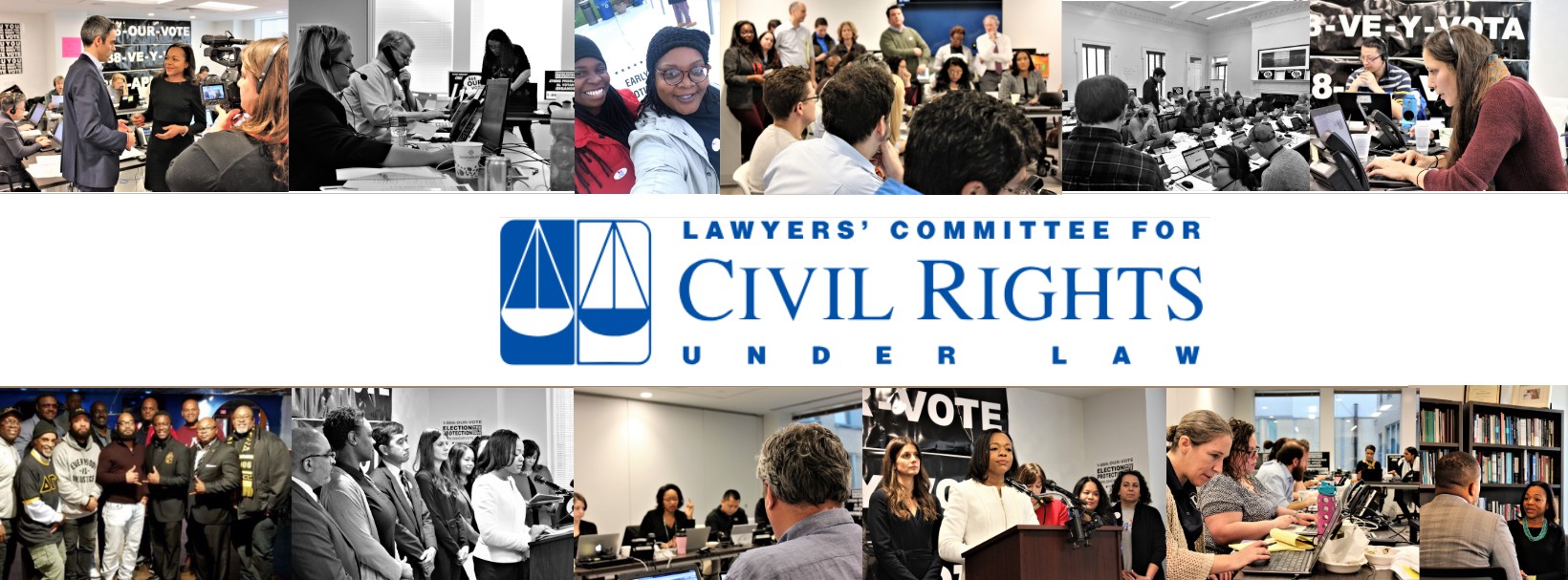Jo Freeman

Jo Freeman is a political scientist and attorney. She is currently writing a book on her experiences in the Southern civil rights movement. Her experiences in the Bay Area civil rights movement are recounted in the book At Berkeley in the Sixties.
Jo's newest book, We Will Be Heard: Women's Struggles for Political Power in the United States, has been published by Rowman and Littlefield. The previous book is At Berkeley in the Sixties: Education of an Activist (Indiana U. Press 2004) and before that, A Room at a Time: How Women Entered Party Politics, (Rowman and Littlefield, 2000) was reviewed by Emily Mitchell, a former Senior Women Web Culture Watch critic.
A Room at a Time has been awarded the Leon Epstein prize. This prize is given by the POP section of the APSA to a book that makes an "outstanding contribution to research and scholarship on political organizations and parties."
The History Book Club, a division of the Book-of-the-Month Club, selected At Berkeley in the Sixties for one of its paperback book features. For more information about the book visit: http://www.jofreeman.com/books/Berkeley.htm
Jo's other books include: The Politics of Women's Liberation (1975), winner of a 1975 prize from the American Political Science Association for the Best Scholarly Book on Women and Politics; five editions of Women: A Feminist Perspective (ed.). She has also edited Social Movements of the Sixties and Seventies (1983), and (with Victoria Johnson) Waves of Protest: Social Movements Since the Sixties. She has a Ph.D. in Political Science from the University of Chicago and a J.D. from New York University School of Law. Read more by and about Jo at http://www.jofreeman.com and email her with comments and questions at joreen@jofreeman.com
 Jo Freeman writes: The Wall that Trump Built
Jo Freeman writes: The Wall that Trump Built
 Jo Freeman's Review of Gil Venable's Mississippi & After: A Life in Equal Justice Law
Jo Freeman's Review of Gil Venable's Mississippi & After: A Life in Equal Justice Law
 Jo Freeman Reviews Stories from Trailblazing Women Lawyers: Lives in the Law by Jill Norgren
Jo Freeman Reviews Stories from Trailblazing Women Lawyers: Lives in the Law by Jill Norgren
 Jo Freeman Reviews My Race to Freedom: A Life in the Civil Rights Movement By Gwendolyn Patton
Jo Freeman Reviews My Race to Freedom: A Life in the Civil Rights Movement By Gwendolyn Patton







